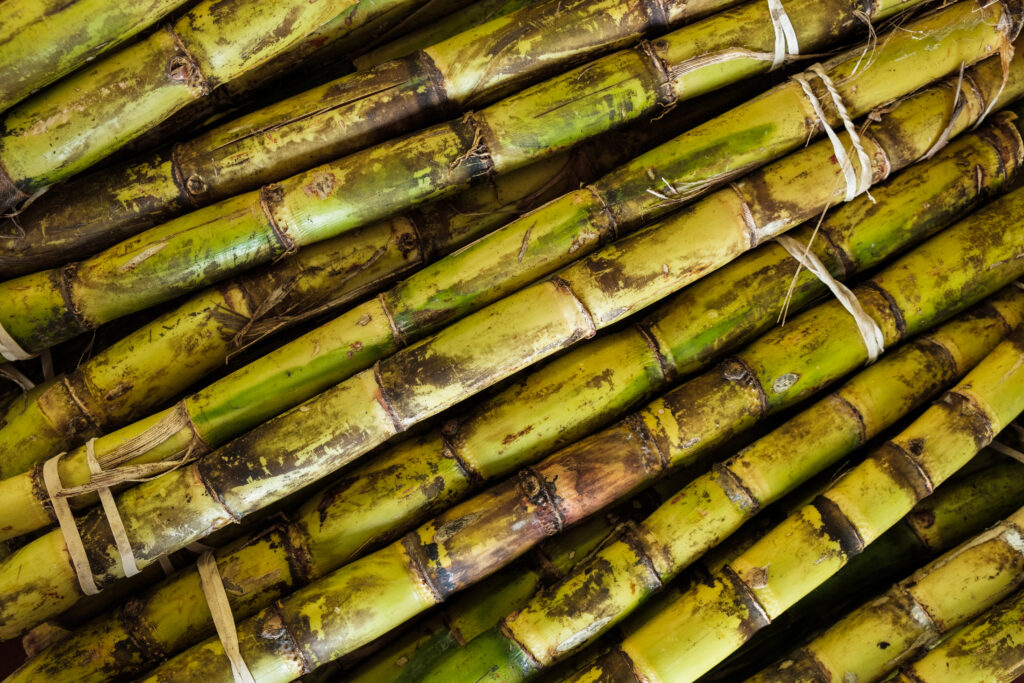Sugar Processing
Sugar Processing Industry

Anti-Foaming Agents (Polydimethylsiloxane (PDMS))
- An anti-foaming agent or a defoamer is a chemical additive that reduces and hinders the formation of foam in during the industrial processing of liquids, such as during the production of sugar in a sugarcane or beet processing mill.
- The terms anti-foam agent and defoamer are often used interchangeably.
- Polydimethylsiloxane or PDMS is a Silicone-based foam control additive and is a cost-effective and efficient option for preventing and controlling foam.
- Due to low surface tension Silicones spread evenly and rapidly over a foam film, facilitating penetration and collapse of the foam.
- They also possess the advantage of being non-contaminating, since they are inert and are typically effective at much lower concentrations than non-silicone defoamers.

Biocides (Sodium Dimethyl Dithiocarbamate (SDMDC), Potassium Dimethyl Dithiocarbamate (PDMDC) Disodium Ethylene (BIS) Dithiocarbamate(DSEDC), Benzalkonium chloride + Sodium Metasilicate)
- Sucrose deterioration takes place post-harvest in sugarcane and is a significant problem for the sugar industry. Sucrose deterioration occurs while sugarcane is stockpiled in mill yards and in overnight truck sleeper loads. Commercial biocides are used during cane processing to reduce sugarcane juice degradation.
- Biocides such as Sodium Dimethyl Dithiocarbamate, Benzalkonium chloride + Sodium Metasilicate are specially formulated and scientifically developed to inhibit & stop the growth of bacteria and fungi or other biomass during the milling process in sugar mills.
- These biocides maintain the purity of sugarcane juice and assure the highest sugar recovery. They are also highly stable over a wide range of pH and temperature. They control the drop in purity and are cost-effective, self-de-gradable and eco-friendly too.
